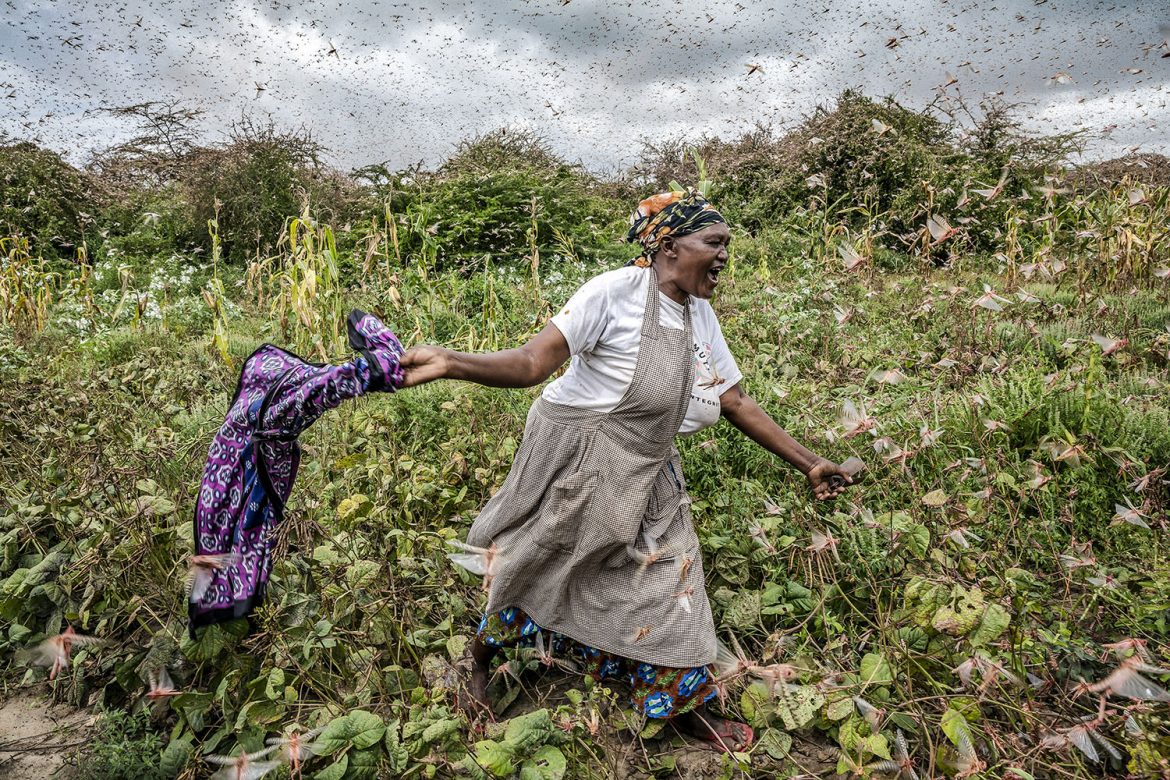A new study undertaken by a research team from Arizona State University has found that climate change could increase the intensity of locust swarms which will result in massive crop loss threatening food security.
Published in Ecological Monographs, the study outlines the results of considerable data gathered on the physiology of South American locusts and demonstrates that species distribution models that consider physiology in addition to temperature may reshape what we can expect to see as climate change continues.
Read also: Thousands demand climate reparations justice in global protests
A recent ASU Biology PhD graduate and first author of the study, Jacob Youngblood said that one unique aspect of the study is that the team combined many different research approaches, including field observations, laboratory experiments and computational modelling.
“To combine these approaches, we assembled a diverse team of researchers, which included physiologists, ecologists, entomologists and agriculturists,” he said. “Collaborating with such a diverse team enabled us to study the effects of climate change on multiple aspects of locust biology.”
The team which undertook the study included Youngblood and researchers from ASU’s Global Locust Initiative: assistant professor Arianne Cease, President Professor Michael Angilletta and professor Jon Harrison from the School of Life Sciences, and postdoc Stav Talal from the Global Institute of Sustainability and Innovation, as well as innovators and collaborators in South America.
Story was adapted from Phys.org
